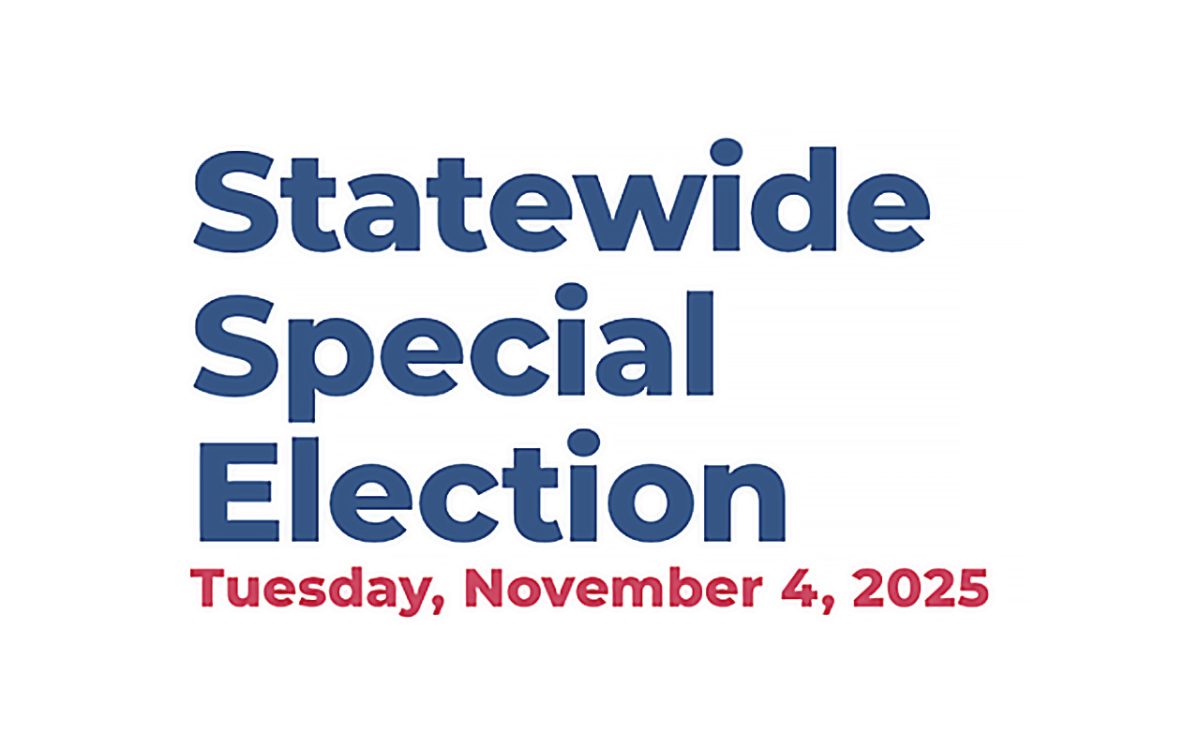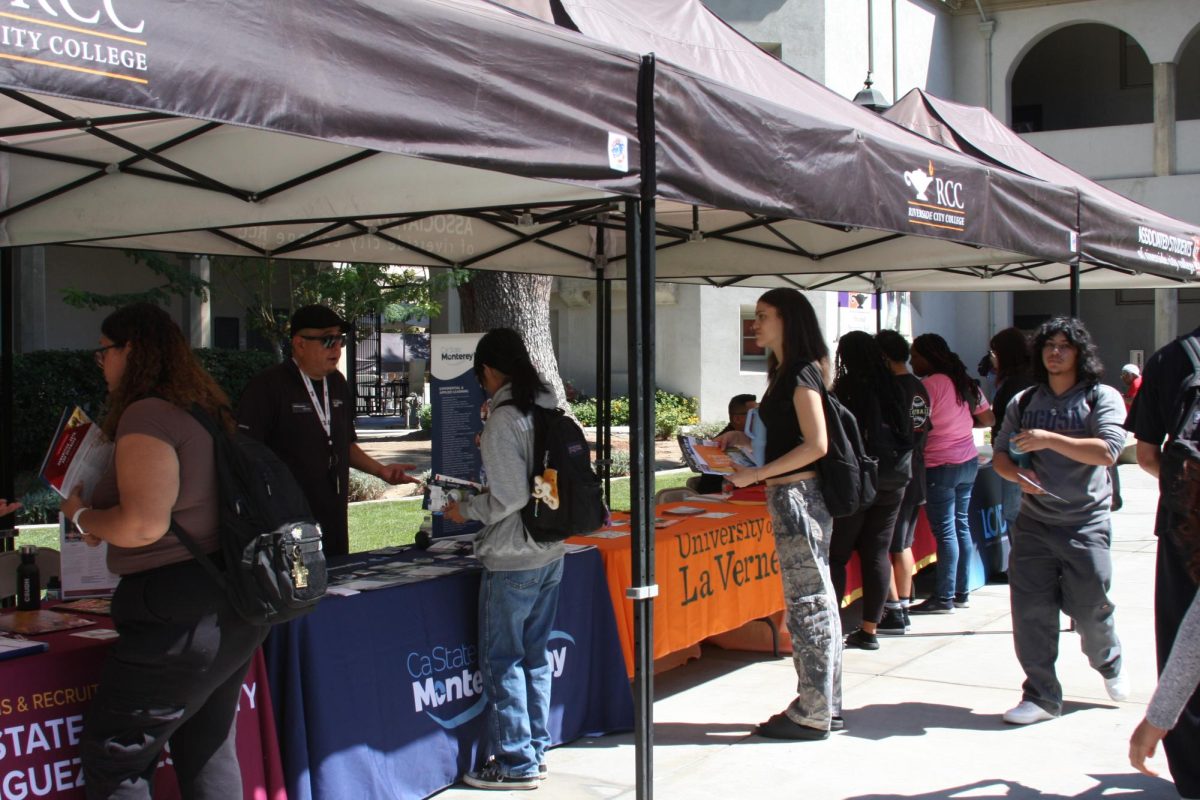By Chanelle Williams / Managing Editor
By Chanelle Williams / Managing Editor
In case you didn’t know the California primary elections are coming up, on June 8 to be exact and your right to vote gets the chance to be exercised.
These are the elections where you get the opportunity to vote for prominent state positions such as Governor, State Secretary, State Senators, etc.
There are also the propositions which are pieces of legislation that are made into amendments in California’s state constitution or are revisions made to current amendments.
Here is a breakdown of those propositions, unbiased and not funded by special interest groups who have spent hundreds of thousands, if not more, to promote their favorite proposition.
These are just the facts and included is a brief summary of the arguments for (pro) and against (con) the legislation.
Proposition 13
Property tax assessment
Property tax assessment
If passed, Proposition 13 will ensure that improvements made to buildings for earthquake safety will not be taxed.
Proposition 13 will prohibit a reassessment of property taxes on buildings that have had construction for seismic enhancements.
Will be an incentive for property owners to make necessary changes to their buildings structure to make it safe for seismic activity says californiachoices.org.
There were no arguments found against Prop. 13.
Proposition 14
Primary Election
Primary Election
Proposition 14 hopes to promote increased participation in elections by making voting for candidates simpler.
It will increase options during primary elections by opening the ballot up for voters to vote for any candidate regardless of their party affiliation.
The two candidates that have the most votes from the primaries will move on to the general election and there will be no restriction on which party they are from.
Proposition 14 will affect only the elections for congressional, legislative and statewide offices.
Pro
Claims it will get rid of partisan domination in the elections, giving independent candidates equal opportunity in the primaries.
Also, it allows voters to vote regardless of party affiliation, supported by www.yeson14openprimary.com
Con
Partisan groups will be able to conceal their special interests and their party association by claiming to be independent according to www.stopprop14.com.
Proposition 15
Fair Elections Act
Fair Elections Act
This legislation removes the ban on public funding of political campaigns.
It allows candidates for Secretary of State to choose if they want to be considered for a public campaign grant; they would have to agree to limitations.
If they qualify for the grant there would be strict regulation of spending by making reports available to the public.
Lobbyists, their employers and lobbying firms would be taxed every two years and would be funded by donations.
Pro
It hopes to eliminate the opportunity for candidates to get funding from special interest groups and makes funding public according to www.yesfairelections.org.
Con:
It is a trick to use the taxpayer’s dollar to provide funding for candidate campaign and can lead to tax increases in order to supply those funds according to www.stopprop15.com.
Proposition 16
Fair Elections Act
The proposition will require a that local governments get a two-third vote in favor of the use of public funds to provide electricity for new customers or new territories.
Pro:
The local government can take control of private electric companies without the consent of the voters says www.taxpayersrighttovote.com without this legislation.
The local government can take control of private electric companies without the consent of the voters says www.taxpayersrighttovote.com without this legislation.
Con:
This would put up a “roadblock to innovation,” says www.noprop16.org by restricting expansion of private companies by making the voters two-third approval required.
Opponents also say that this legislation is solely supported by the large electric company Pacific Gas & Electric Company who is looking out for their own interests.
It will also limit the public’s choice on coverage.
Proposition 15
Lower auto insurance
Lower auto insurance
Auto insurance companies will be able to decrease or increase the cost of insurance if a driver has a history of continuous coverage.
Also, drivers who have had continuous coverage with one auto insurance company will be able to keep their discount if they switch to another insurance provider.
Pro:
Drivers who have stayed with the same insurance company will be able to have a discount for their loyalty to the service.
Also, customers will be able to shop for insurance with lower costs without the worry of not being able to keep their discount says www.yesonprop17.org.
Con:
Opponents of Proposition 17, like the Consumer Federation of California, claim that major auto insurance companies, like Mercury Insurance, are using this proposition to their advantage for extra profit.
The insurance companies will be able to add a surcharge for customers who have been cancelled from coverage because of a missed payment even though they immediately got back on track with payments.
They will also be able to increase the cost for drivers who weren’t covered in the last five years because they did not drive or did not possess a vehicle.
For more information on the California 2010 primary elections visit www.voterguide.sos.ca.gov.






